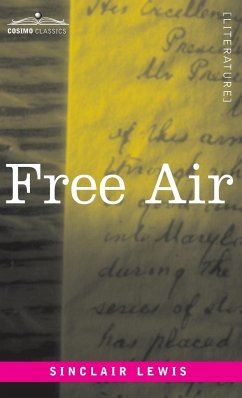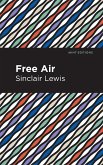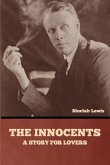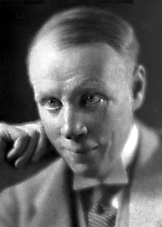¿"She knew the exaltation of starting out in the fresh morning for places she had never seen, without the bond of having to return at night." ¿ Sinclair Lewis, Free Air Free Air (1919), by Sinclair Lewis, was one of the first novels to celebrate the adventure and freedom that road trips introduced to America at the start of the twentieth century, thanks to the invention of the automobile. It also preceded Lewis's breakthrough novel Main Street by just one year. The story it tells is about a woman who drives from New York to the Pacific Northwest, where she falls in love. While very simple, it allowed Lewis to showcase his wit and express his admiration for the working class and democratic values.
Hinweis: Dieser Artikel kann nur an eine deutsche Lieferadresse ausgeliefert werden.
Hinweis: Dieser Artikel kann nur an eine deutsche Lieferadresse ausgeliefert werden.









